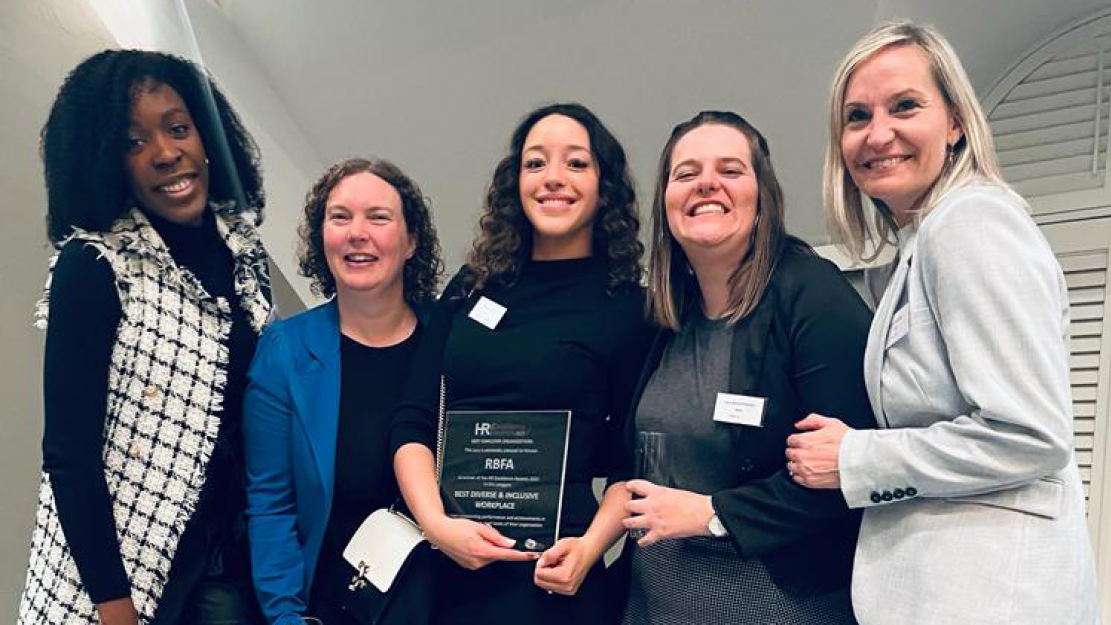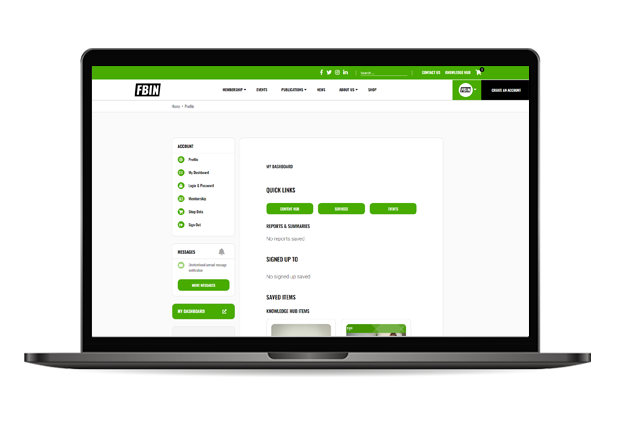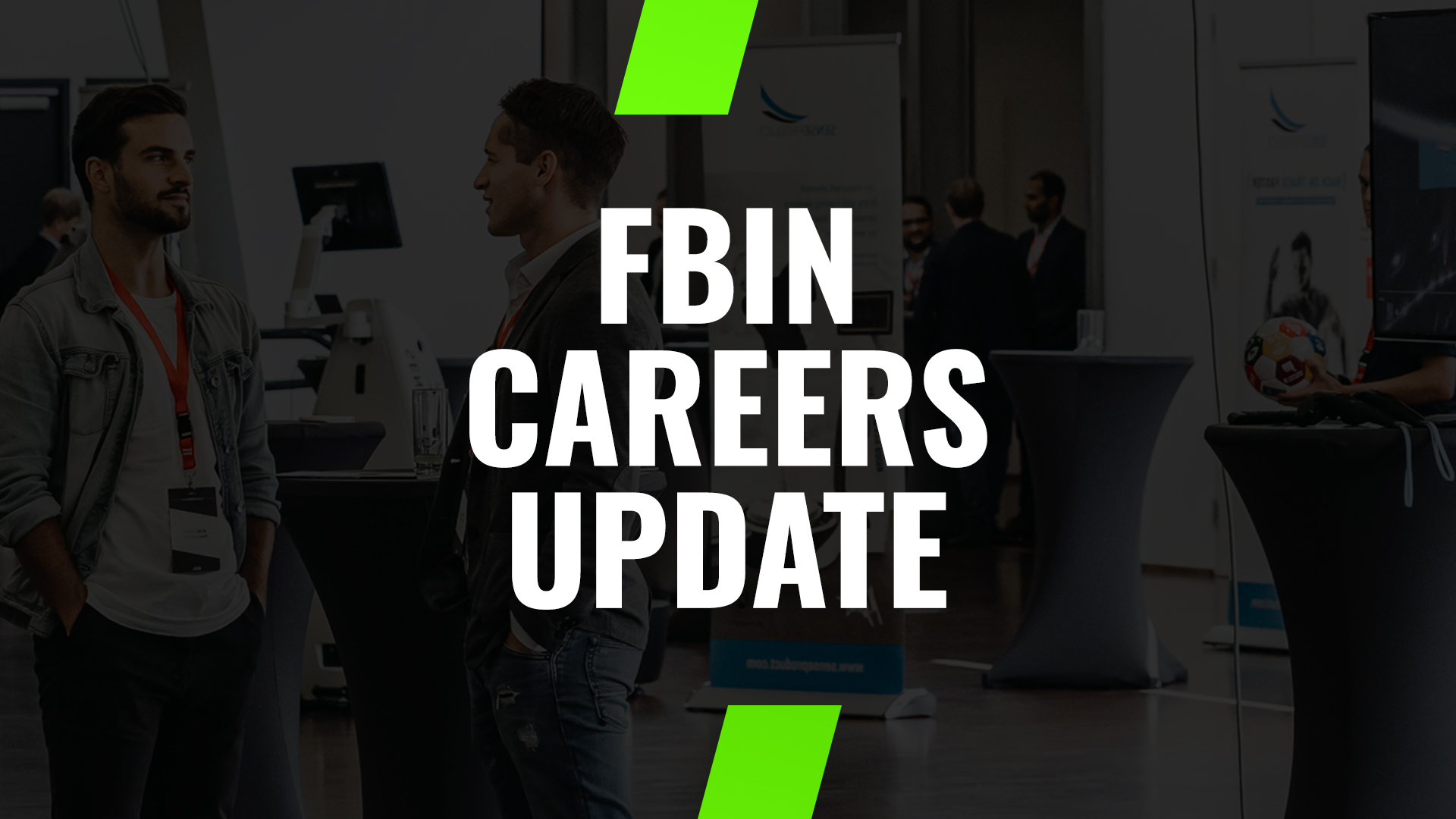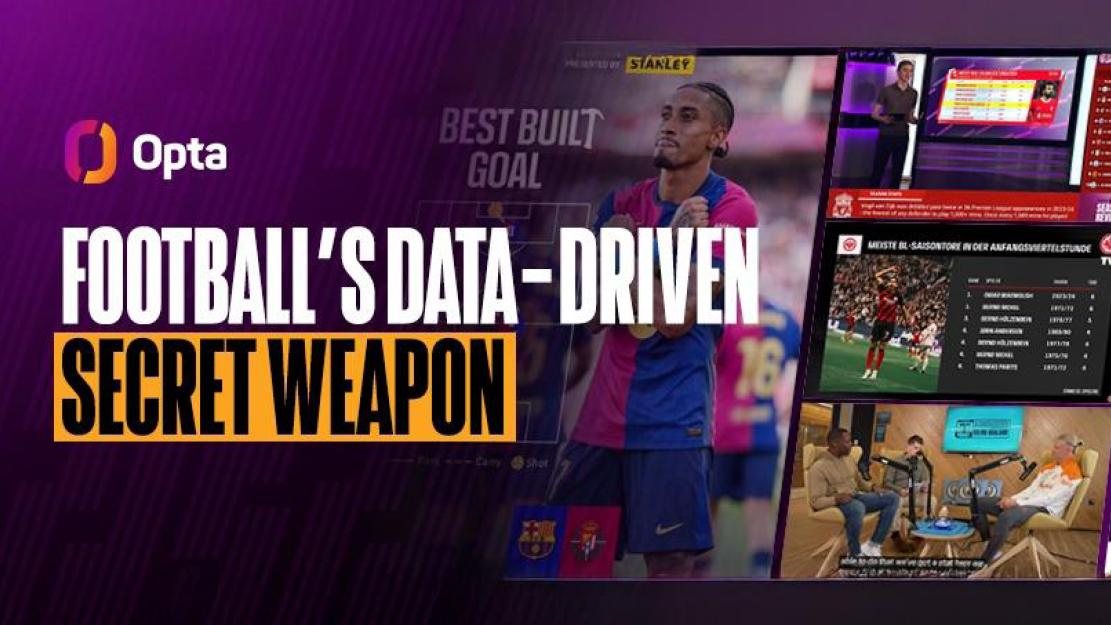
“Come Together” Action Plan to tackle Racism and Discrimination in Belgian Football
You can read this article if you are a registered user, an FBIN+ Subscriber or a member of our Networks. Please register or login to access it.
Already have an account?
Login to read the article.


 Upgrade to Premium Now
Upgrade to Premium Now



